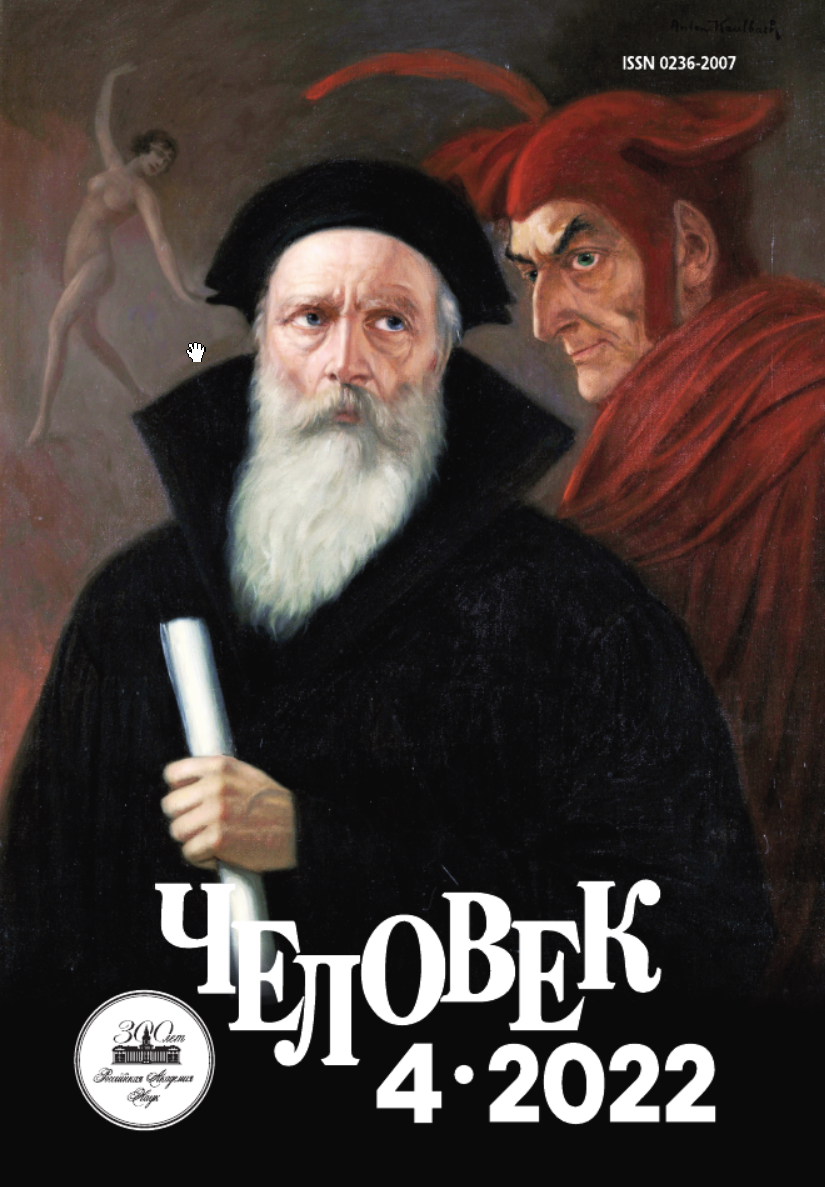Moral Universality and the Phenomenon of Supererogatory Acts
Keywords:
morality, normative ethics, moral universality, impartiality, supererogatory acts, imperfect duties, ought, good, benevolent actions, moral heroesAbstract
The paper deals with a question whether the feature of universality characteristic to the whole sphere of moral values and norms despite the existence of supererogatory acts. The moral universality manifests itself in the application of requirements to all agents, the general significance of values and the impartial treatment of every person as having equal moral status. Supererogatory acts are discretionary benevolent acts grounded in moral motives or intentions. Their commission deserves more or less intense praise or admiration, but omission is blameless. Supererogatory acts include ordinary good deeds under the condition that they are committed more frequently then imperfect duties require and genuine heroic deeds involving self-sacrifice. The discretionary character of supererogatory acts can be understood as a persuasive argument against the thesis that all content of morality is universal. The thesis can be defended on two presumptions. First, the sphere of supererogation can be considered an illusion based on a glaring mistake — breaking the good-ought tie-up. But this reasoning distorts the idea of moral perfection and the inner logic of moral self-improvement. Second, it is possible to discover universality within the sphere of supererogation. We have not the direct universal ought there but the universal good is definitely present. The obligation to do good is transformed into the obligation to praise and to admire supererogatory acts.






